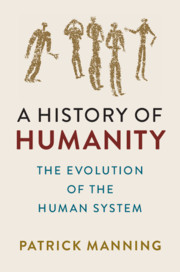Social dilemmas occur when the pursuit of self-interest by individuals in a group leads to less than optimal collective outcomes for everyone in the group. A critical assumption in the human sciences is that people's choices in such dilemmas are individualistic, selfish, and rational. Hence, cooperation in the support of group welfare will only occur if there are selfish incentives that convert the social dilemma into a nondilemma. In recent years, inclusive fitness theories have lent weight to such traditional views of rational selfishness on Darwinian grounds. To show that cooperation is based on selfish incentives, however, one must provide evidence that people do not cooperate without such incentives. In a series of experimental social dilemmas, subjects were instructed to make single, anonymous choices about whether or not to contribute money for a shared “bonus” that would be provided only if enough other people in the group also contributed their money. Noncontributors cited selfish reasons for their choices; contributors did not. If people are allowed to engage in discussion, they will contribute resources at high rates, frequently on irrational grounds, to promote group welfare. These findings are consistent with previous research on ingroup biasing effects that cannot be explained by “economic man” or “selfish gene” theories. An alternative explanation is that sociality was a primary factor shaping the evolution of Homo sapiens. The cognitive and affective mechanisms underlying such choices evolved under selection pressures on small groups for developing and maintaining group membership and for predicting and controlling the behavior of other group members. This sociality hypothesis organizes previously inexplicable and disparate phenomena in a Darwinian framework and makes novel predictions about human choice.
